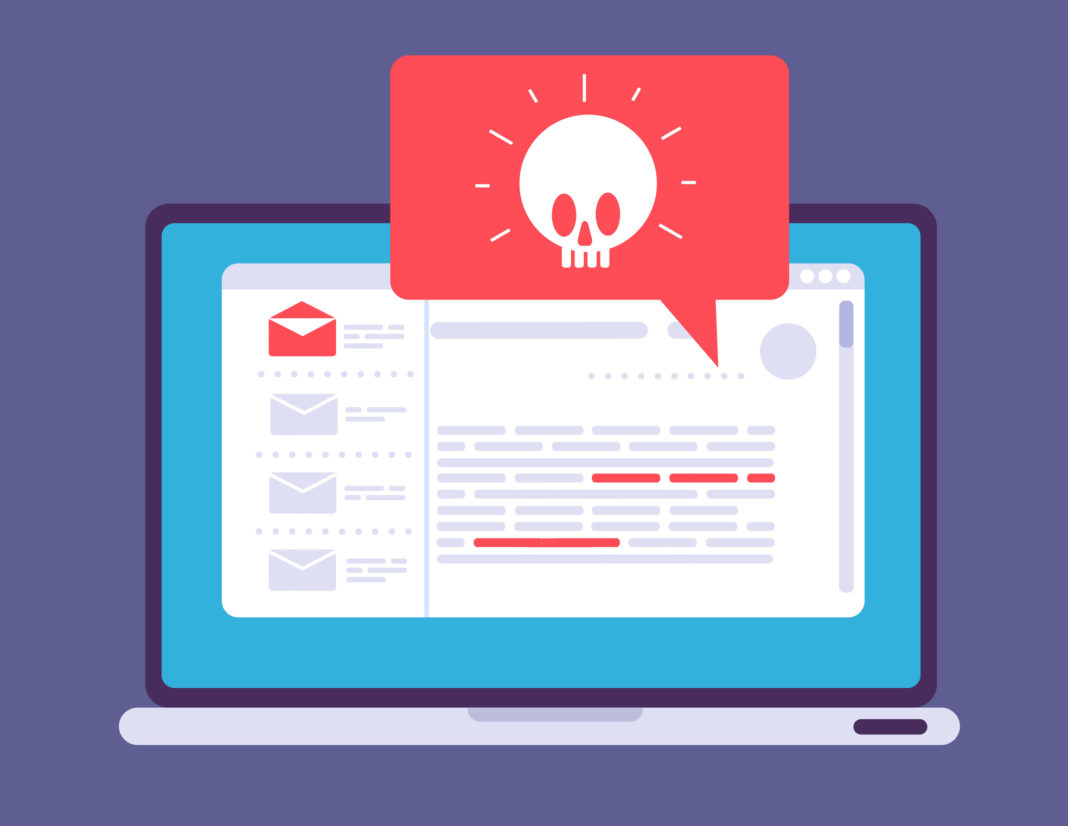If you receive a lot of election-related email, the culprit may be a donation you made in the past. Vendors buy, sell, and share email lists based on past donations. Most of the time, you can opt out of emails, but it’s easy to forget to unsubscribe which opens the floodgates during an election year.
These email lists are one of a campaign’s most valuable assets: Campaigns send millions of emails to solicit the political support and dollars of American voters and to get out the vote.
But these email lists have also become valuable to cyber-scammers. With email lists constantly re-compiled, re-packaged, sold, and, yes, stolen, it is easy for a scammer to get the emails of likely voters. These lists give criminals insight into an individual’s political leanings. And that can be a problem.
Cyber-scammers launch fake political emails on behalf of their target’s opposing political party, betting that the receiver will hit the unsubscribe button to rid their inbox of political content they do not like or support.
For example, a MAGA supporter receiving spoofed email blasts pitching progressive candidates is more likely to instinctually click “unsubscribe,” and vice versa for democrats receiving MAGA content.
Here’s the problem: Clicking “unsubscribe” could download malware onto your device, opening the door for hackers to breach your personal information and commit identity theft. More basic, the act of opening and clicking on a link in a phishing email tells the sender your email is valid and active, which will get you bundled with other “good” email addresses and sold on the dark web.
Here’s how to deal with them and stay cybersafe:
If you are not someone who contributes to campaigns and causes, you have an easy way to spot these scams. Random email sets purchased on the dark web are spammed all the time, so if you get a phishy-looking campaign email and you’re not very political, you’re probably being targeted by someone who’s not on the up-and-up.
Campaign-related emails are annoying. It is not uncommon to receive as many as 100 political emails a day during an election cycle, and it can be second nature to click unsubscribe – especially if it’s from the campaign of someone you don’t support.
Regardless of your political leaning, always think twice before hitting the unsubscribe button on any political email and stay alert for tell-tale signs of fraud, for instance, when the sender’s address has a foreign country suffix instead of a dot org, gov or dot com.
There is no reason to open the unsolicited email. Instead, block the sender’s email and/or mark the message as spam.
To prevent these scams altogether, invest in anti-malware software that protects a server from malicious programs and scans incoming messages for suspicious content and links, which is a barrier against phishing emails like these.
When it comes to supporting your political party, consider calling their office directly or navigating to their official site rather than relying on email exchanges. While there are certainly valid political emails in circulation, it is best to avoid the bait of a false one altogether.










